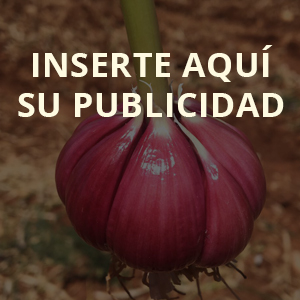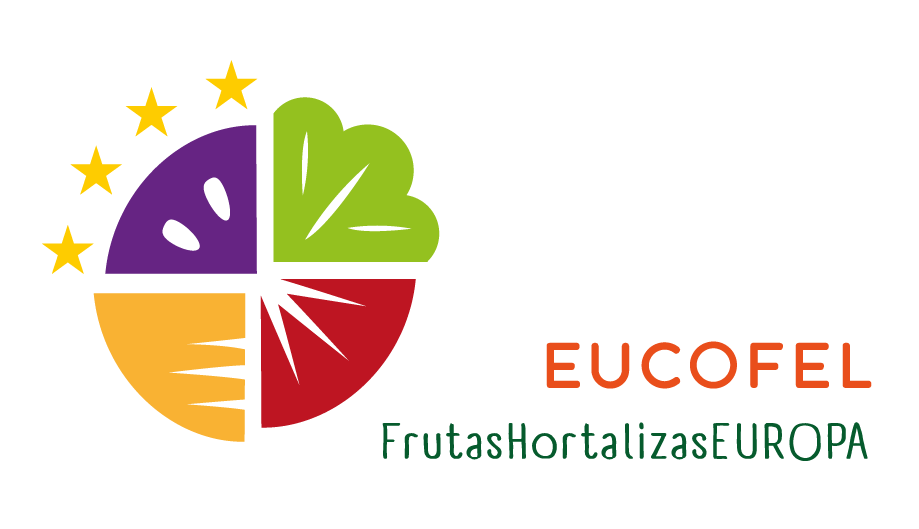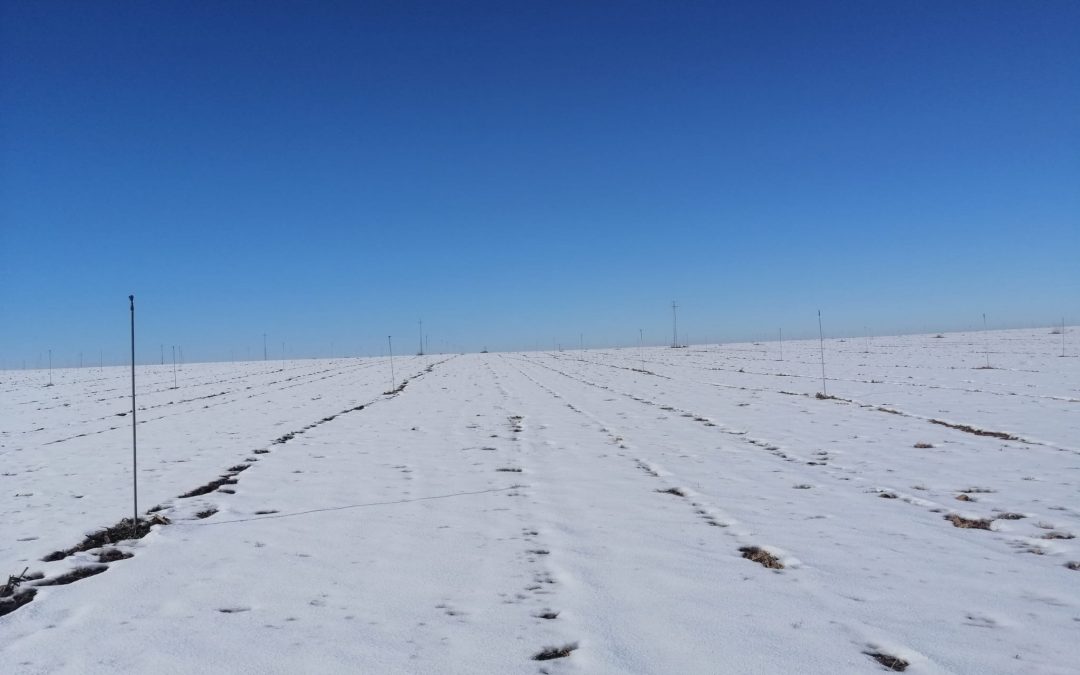
by us_anpca | Jan 19, 2021 | Sin categoría
Today, the National Association of Garlic Producers and Traders, ANPCA, has requested the State Agrarian Insurance Entity, ENESA, and the AGROSEGURO company, to extend the subscription period for the garlic insurance in the CC. AA from Castilla-La Mancha, Aragon, Catalonia and Extremadura, which currently ends on January 31, except in Aragon which ended on January 15. ANPCA requests its extension until March 1, as established for the Rest of the national Scope, due to the adverse weather conditions that it is going through at the beginning of the year.
On January 7 and later, the main garlic production area in Spain, Castilla-La Mancha, and the production areas north of this, suffered an episode of heavy snowfall with the passage of the storm Filomena and a subsequent wave of polar cold that has frozen most of this snow and made the terrain impassable. This situation has resulted in a delay in the process of sowing garlic, especially the purple variety, which is the most traditional in the Castilla-La Mancha area and the only one with Protected Geographical Indication, PGI “Ajo Morado de Las Pedroñeras ”.
Given the impossibility of carrying out the sowing, given that the lands are currently practically frozen and without the possibility of practicing them, ANPCA has requested the State Agrarian Insurance Entity, ENESA, and the AGROSEGURO insurance company, to delay in the end period subscription from January 31 as scheduled until March 1. As of January 31, it is more than likely that there is no exact knowledge of the sowing area, which means that it will not be possible to contract normally and with knowledge of the final hectares, especially of the later varieties such as the purple garlic in Castilla-La Mancha.
The 2021 campaign was developing normally until this event, with a good sowing of the earliest varieties that were already fully completed in the areas with the highest production such as Castilla-La Mancha, Andalusia and Extremadura, and it was beginning with the sowing of the later varieties, the purple variety, which was almost finished in the earliest area, Andalusia, with a slight decrease in the surface, but which in Castilla-La Mancha, somewhat later, was starting with planting. In total, it is estimated that approximately 30-25% of the total garlic area is yet to be sown.
Spanish garlic reached a total area of 27,564 hectares in 2020 according to official data, of which 19,151 corresponded to Castilla-La Mancha, 4,943 hectares. to Andalusia and 1,741 has. to Castilla y León. The total production of Spanish garlic reached 272,777 tons and was marketed in more than 232 countries, with a total of more than 143,945 tons exported according to Spanish customs.
ANPCA currently represents 1,891 producers and the 67 companies, cooperatives and organizations of producers of fruit and vegetables most important for the marketing of garlic in Spain, which together account for 78% of the total production marketed in our country, reaching an area of cultivation of 15,850 hectares accredited in this past 2020 campaign. These figures make this Association a benchmark in the sector, both in terms of marketing and production in Spain and Europe.
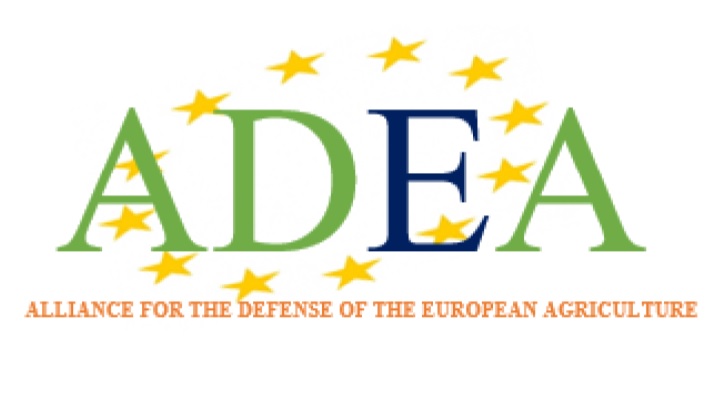
by us_anpca | Jun 29, 2019 | Sin categoría
ADEA CALLS ON THE EUROPEAN COMMISSION NOT TO SACRIFICE THE EUROPEAN
AGRICULTURAL SECTOR IN NEGOTIATIONS WITH MERCOSUR COUNTRIES
ADEA – The Alliance for the Defence of the European Agriculture – has expressed deep concern about the impact of a potential EU trade deal with the MERCOSUR (Argentina, Brazil, Paraguay and Uruguay). ADEA believes that the concessions being offered are very damaging to European agriculture and offer no advantage to farmers in the EU. ADEA is particularly alarmed by the contents of a letter signed by seven EU heads of State and Government and sent to Commission President Jean-Claude Juncker, on 20th June.
In the letter, EU leaders backed the Commission’s ambition
to conclude the impending EU trade deal with the MERCOSUR. And they ask the
Commission to submit to MERCOSUR a balanced and reasonable offer that will pave
the way for the conclusion of the Agreement.
Furthermore, the letter argues that this agreement would
give European companies privileged access to a market of more than 260 million
consumers and that many economic sectors of “strategic
importance”, including cars and their spare parts, equipment,
chemicals and pharmaceuticals, “will
benefit the most“.
The counterpart would be to open the Union market to 99,000
additional tonnes of beef, 200,000
tonnes of chicken/turkey and 600,000
tonnes of ethanol per year from
South American countries.
In addition, the European Commission has offered to open
the EU sugar market, by offering
tariff concessions for a quota of 150,000 tonnes at 98 EUR/tonne for raw sugar
for refining. Also alarming, the possible dismantling of the citrus juice processing industry in the
face of the expected increase in the import of Brazilian mandarins and oranges.
The EU citrus sector, particularly lemon growers, will likely also be
affected due to the growth of imports from Argentina. The EU garlic, apples and pears sectors would also be damaged.
These concessions will have devastating consequences for
European farmers who produce these same foods, but which must meet much higher
social, environmental and phytosanitary standards than those imposed on
producers in these South American countries.
It is imperative and urgent that EU trade policy takes into
consideration all productive sectors of the European Union equally: Industry
and Agriculture.
European producers demand to EU heads of State and
Government and the European Commission not
to undermine European Agriculture in Trade Agreements with third countries,
and call for:
- RECIPROCITY
- FAIR COMPETITION
- TRANSPARENCY
- RESPECT
ADEA – The Alliance for the
Defence of the European Agriculture
ADEA
is the “Alliance for the Defence of European Agriculture”. The
Alliance is pro-European and works in favour of the defence of European farmers
and products, guaranteeing a level playing field in EU trade agreements with
third countries. The Alliance is open to all sectors willing to defend the EU
agriculture.
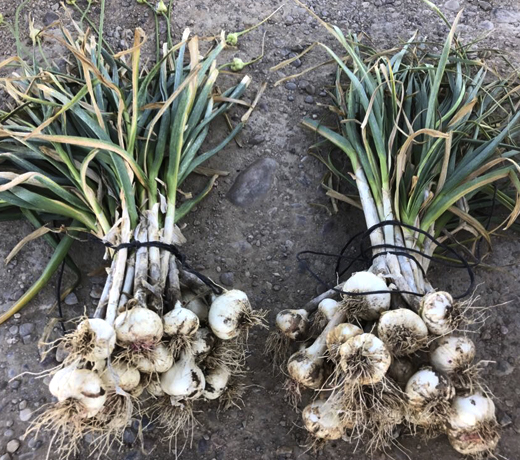
by us_anpca | Jan 4, 2018 | Sin categoría
At the last meeting of the National Association of Producers and Marketers of Garlic, held in Las Pedroñeras (Cuenca), on July 29, within the events scheduled for the celebration of the International Fair of Garlic (FIDA 2016) of this Manchega locality, analyzed the current situation through which the garlic sector crosses.
Within the framework of the European Union, with the entry into force of Delegated Regulation (EU) 2016/1237 on November 6, 2016, regarding the regime of import and export certificates, where the mandatory issuance of a certificate is extended for the importation of garlic until September 30, 2017, ANPCA has agreed to re-request the Commission to access the data collected by the new computer system for import control that aims to replace the current system of Import Certificates. In consideration of ANPCA, this access is fundamental for the verification of the good functioning and the effectiveness of the new system since otherwise, it would not be accepted by the sector the substitution of the current system that has proved to be effective in the fight against fraud in numerous cases.
Also within this European framework, ANPCA has asked the European Commission to carry out a review of the current “quota of imports” established for Chinese garlic with the proposal of abandonment of the European Union made by the United Kingdom. In view of this situation, the “import quota” must be readjusted to the extent that it has been updated with the entry of other countries into the European Union, taking into account that the readjustment must be made by the percentage of participation of the United Kingdom in the global garlic consumption of the European Union. Therefore, from ANPCA has been requested to the Directorate General of Agriculture of the European Commission, through its delegation in Brussels, the performance of impact studies on the import quota of Chinese garlic corresponding to the departure from the United Kingdom of the whole of the European Union.
Regarding the national framework, ANPCA has estimated the current crop as very satisfactory in terms of quantity and quality, and expects that this year’s marketing campaign will develop in good profitability terms for the Spanish garlic producer. With the finalization in the next dates of the harvest of white garlic in the northernmost areas of Spain, a more faithful image of the total national production can be offered.
The National Association of Garlic Producers and Marketers, ANPCA, represents more than 1,800 producers and the 47 most important garlic marketing companies in Spain, which together account for 70% of the total production marketed.




